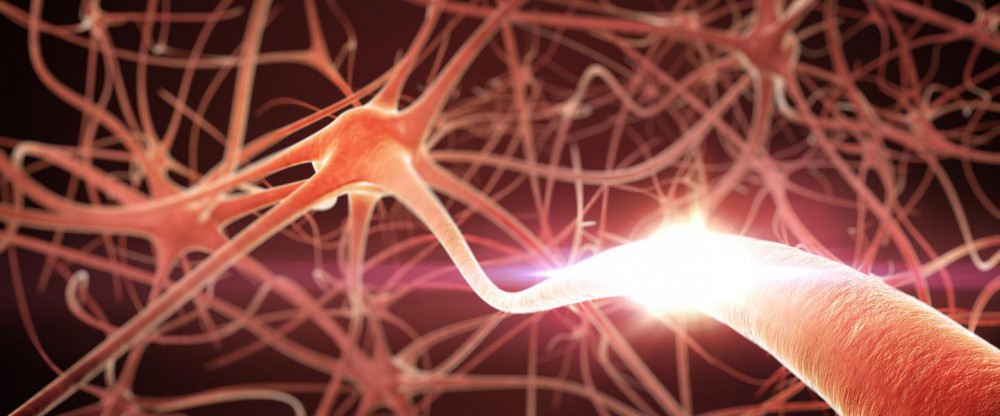Lack of Sleep Increases Your Risk of Some Cancers
There is some evidence of a link between insufficient sleep and the risk of cancer. In particular, people with circadian rhythm disorders—in which the body's biological clock is disrupted because of shift work, for example—may be at increased risk. A study in the International Journal of Cancer found a relationship between women's irregular work schedules and the rate of breast cancer. Researchers compared 1200 women who had developed breast cancer between 2005 and 2008, with 1300 women who did not have a cancer diagnosis. They found that the rate of breast cancer was 30 percent higher for the women who had worked shifts. Women who had at least four years of night shift work, as well as those with fewer than three night shifts per week (keeping them from ever fully adjusting to one schedule) were at highest risk. Shift work has also been shown to increase the incidence of certain cancers—for example prostate cancer—in men.
Researchers suspect that a disruption in the circadian rhythm could pose a risk for developing cancer, since the body's internal clock affects so many biological functions. One theory is that the suppression of melatonin at night (which comes from exposure to bright light) could be partly responsible. Indeed, scientists have seen this link in animal studies; for example, when they manipulate the sleep/wake cycles of rodents for an extended time, cancers grow faster.
The disturbance in circadian rhythm caused by shift work may also increase the prevalence of gastrointestinal problems. Peptic ulcer disease, for example, is more common in shift workers. To learn more about how to cope with circadian rhythm disorders and develop healthier sleep habits with an irregular work schedule, see the National Sleep Foundations resources on shift work.
Is pain keeping you awake? Find out why pain affects sleep and what you can do to sleep better.Sleep talking, formally known as somniloquy, is a sleep disorder defined as talking during sleep without being aware of it. Sleep talking can involve complicated dialogues or monologues, complete gibberish or mumbling. The good news is that for most people it is a rare and short-lived occurrence. Anyone can experience sleep talking, but the condition is more common in males...For most people, dreaming is purely a "mental" activity: dreams occur in the mind while the body is at rest....A frequent need to get up and go to the bathroom to urinate at night is called nocturia. It differs...Nearly one-quarter of all workers have shifts that are not during the daytime, and more than two-thirds of these workers...Have you ever wanted to know what happens to your body during menstruation? The latest infographic from the National Sleep...The Electronics and Sleep infographic highlights how technology affects the modern family and how parents can help design a sleep...Orexin receptor antagonists: A new class of sleeping pill Find out more about orexin, and a new type of sleep...The term “anti-aging” may conjure up images of expensive wrinkle creams and nutritional supplements, but one of the most impactful...Though it may come as no surprise that people find it harder to fall asleep when they’re emotionally wound up,...

Source: Internet





